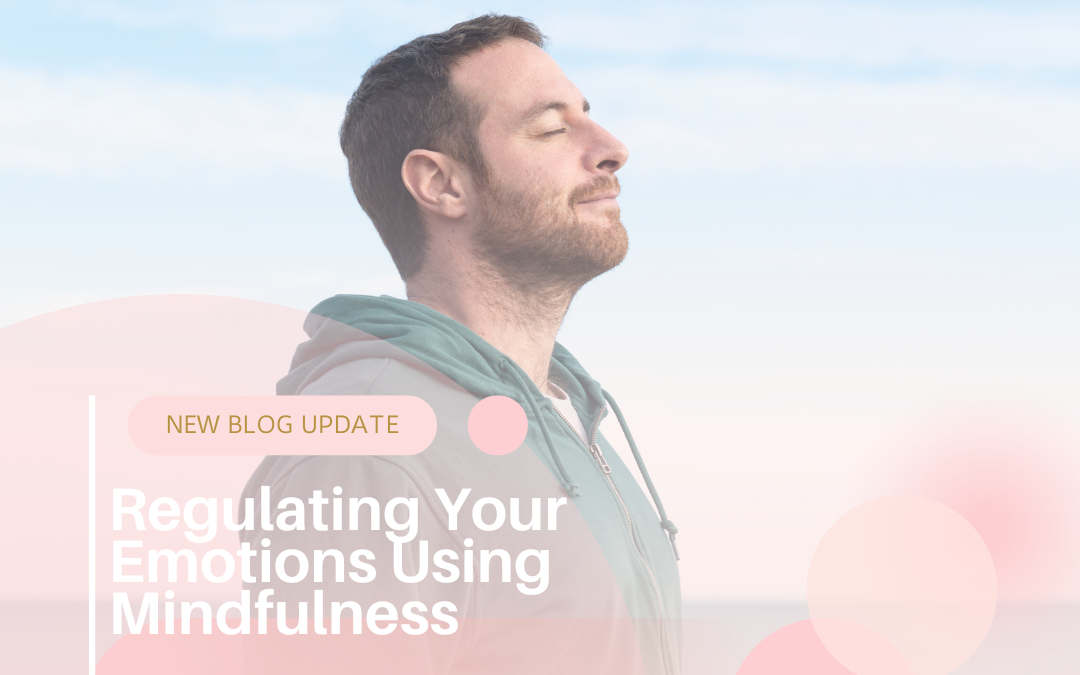Emotions can be powerful and, at times, overwhelming. Learning to regulate them effectively is essential for maintaining mental well-being, and mindfulness offers a powerful tool for achieving this balance. By cultivating present-moment awareness, mindfulness helps us respond to emotions with intention rather than reacting impulsively.
1. Acknowledge Your Emotions Without Judgment
Mindfulness encourages you to observe emotions as they arise without labeling them as “good” or “bad.” Instead of resisting or suppressing difficult feelings, acknowledge them with curiosity: What am I feeling right now? Where do I feel this in my body?
2. Practice Deep Breathing
When emotions become intense, focusing on your breath can create a sense of calm. Try inhaling deeply through your nose for four counts, holding for four, and exhaling slowly for six. This simple practice activates the parasympathetic nervous system, reducing stress and restoring emotional balance.
3. Create Space Between Feeling and Reacting
Mindfulness teaches us to pause before responding to emotions. When frustration or anxiety arises, take a moment to breathe and ground yourself before speaking or acting. This space allows you to choose a response aligned with your values rather than reacting impulsively.
4. Use Mindful Observation
Engage in mindfulness exercises like body scans or focusing on sensations in your environment. Noticing how emotions manifest in your body—such as tightness in the chest or warmth in the face—helps you develop greater emotional awareness and regulation.
5. Cultivate Self-Compassion
Rather than criticizing yourself for feeling overwhelmed, treat yourself with kindness. Imagine how you would comfort a friend in the same situation, and offer yourself the same understanding.
6. Engage in Daily Mindfulness Practices
Incorporating mindfulness into your routine—whether through meditation, mindful walking, or simply savoring a cup of tea—strengthens your ability to regulate emotions over time. The more you practice, the more natural it becomes to approach emotions with awareness and ease.
By embracing mindfulness, you can build a deeper connection with your emotions, allowing them to flow naturally without feeling controlled by them. This practice fosters resilience, clarity, and a greater sense of inner peace.


Recent Comments